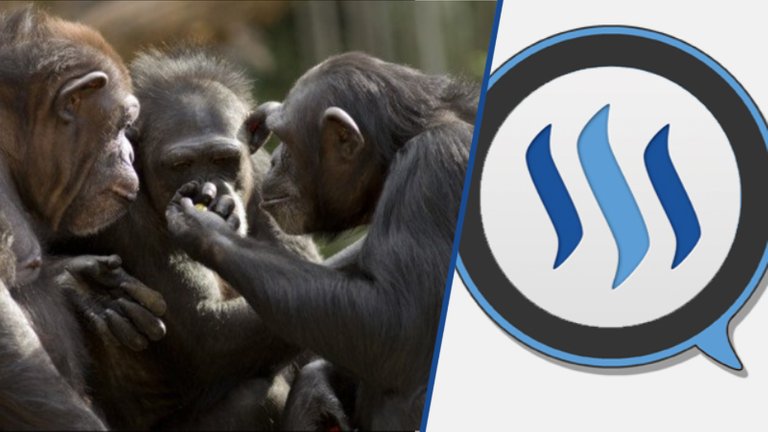
It's no secret that monkeys are our closest relatives - so why are they not able to develop a language like ours?
For decades, the most popular answer to this question was that monkeys didn't have the vocal anatomy to talk like we do.
It was believed that their tongue, larynx and lips were anatomically too different from ours - but now, researchers from the University of Vienna have debunked this theory!
The scientists were analyzing the monkey's vocal tracts with x-rays, and the results showed that they were actually a lot more flexible than they had assumed.
"I hope that this new data dispels forever the widespread myth that monkeys and apes cannot speak because of anatomical limitations of their vocal tract"-Tecumseh Fitch, University of Vienna
So if the vocal anatomy is NOT the reason that monkey's can't talk - what IS?
The problem lies in their brain.
Monkeys don't have neural control over their vocal tract muscles, which means they can't use them to create the intricate, very specific sounds made in human speech.
In other words, if a human brain was controlling the monkey's vocal tract, they could talk like we do."We have direct connections between our motor cortical neurons and the neurons that actually control the vocal tract musculature, particularly those in charge of the larynx; and we have much more substantial connections, within our cortex, between the auditory cortex—responsible for hearing sounds—and the motor cortex, responsible for making sounds."-Tecumseh Fitch, University of Vienna
The researchers analyzed the tongue, lips and larynx of a macaque monkey as he ate, vocalized and made facial expressions. Then, they fed this data into a computer program that could simulate how a monkey's speech would actually sound like, if a human brain was controlling their vocal parts:
The simulation of a monkey saying "Will you marry me?"
The simulation of a monkey saying "Joyeux Noel", which is 'Merry Christmas' in French
Obviously this is only a simulation, but if you listen closely you can actually make out the words.
This study opens the doors for many new theories, and has definitely debunked the popular myth that monkeys can't talk just because their vocal tracts are formed differently than ours!
Images: 1, 2, Sources: 1, 2, 3,4
- Instagram -
Sirwinchester

Joyeux Noël to you all too! Thanks for this fun post and the new information about this subject. Always interesting to hear or read about our closest genetical cousins. Namaste :)
Thank you, glad to hear that you enjoyed it and a great holiday season to you as well!
Thanks a bunch and namaste :)
Would you consider that they might talk to each other and we don't understand them?
They definitely communicate with each other with screams and grunting noises, yes! It just might not be as developed as our speech, and this "human talking" is what the original myth referred to
Very interesting new research, I actually remember being taught in school that they can't talk because of the vocal tracts!
That's quite possible, that used to be the standard "textbook answer" until the new research this week
those voice simulations actually sound really creepy ^^
but still, this is an awesome achievement for science!!
I definitely see your point there! computer simulation is still far from realistic
I've read this three times and I can't think of anything constructive to add or funny to say about this. although the top picture reminds me a lot of my family during our discussions about my future career path.
Hahaha! A comment doesn't always have to be constructive or funny, just knowing that you took the time to write it is already a compliment!
Que golfos los monos!! jajaja
This post has been ranked within the top 10 most undervalued posts in the first half of Dec 12. We estimate that this post is undervalued by $22.43 as compared to a scenario in which every voter had an equal say.
See the full rankings and details in The Daily Tribune: Dec 12 - Part I. You can also read about some of our methodology, data analysis and technical details in our initial post.
If you are the author and would prefer not to receive these comments, simply reply "Stop" to this comment.